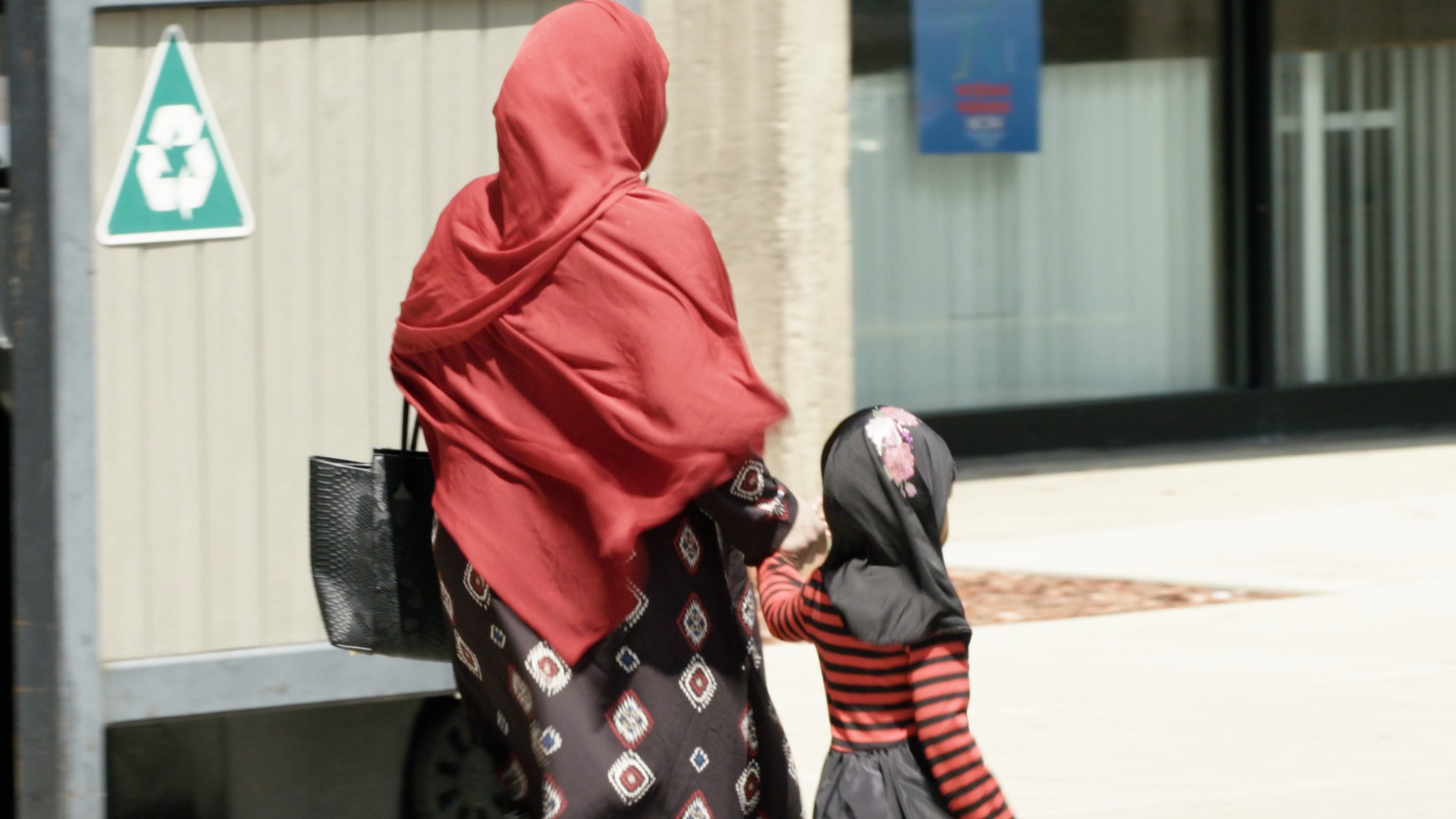Residents of richer nations like the United States are more likely to have doubts about vaccines, according to a new global study. Anti-vaxx sentiments are especially bad in France, where one-third of respondents disagreed that vaccines were safe.The study from Wellcome Trust surveyed 140,000 people aged 15 or older in over 140 countries around the world. Released Wednesday, the results show that 79% of people agree that vaccines are safe. But as average income increases in countries, trust in vaccines decreases. Just 72% of people in North America and 73% in Northern Europe agree that vaccines are safe. The numbers are even worse in Western Europe (59%) and Eastern Europe (40%).In addition to France, at 33%, these 10 countries reported the highest percentages of people disagreeing that vaccines are safe.In the U.S., for instance, a lot of anti-vaccination sentiment stems from the thoroughly discredited idea that vaccines can lead to autism. But once an idea grabs hold, especially on the internet, it’s hard to walk back.Measles was declared eliminated in 2000, but because U.S. vaccination rates are slipping, there have already been 1,044 cases of measles in the United States this year. That’s the highest figure since 1992. In response, states have had to take a more aggressive tack to fight outbreaks. In New York, the epicenter of the outbreak, lawmakers voted last week to remove a religious exemption to vaccination requirements for schoolchildren."The science is crystal clear: Vaccines are safe, effective and the best way to keep our children safe,” said Gov. Andrew Cuomo. “This administration has taken aggressive action to contain the measles outbreak, but given its scale, additional steps are needed to end this public health crisis.” Cover: SVEN SIMON/picture-alliance/dpa/AP Images
Cover: SVEN SIMON/picture-alliance/dpa/AP Images
Advertisement
- Gabon 26%
- Togo 25%
- Russia 24%
- Switzerland 22%
- Armenia 21%
- Iceland 21%
- Belgium 21%
- Austria 21%
- Haiti 20%
- Burkina Faso 20%
Advertisement
